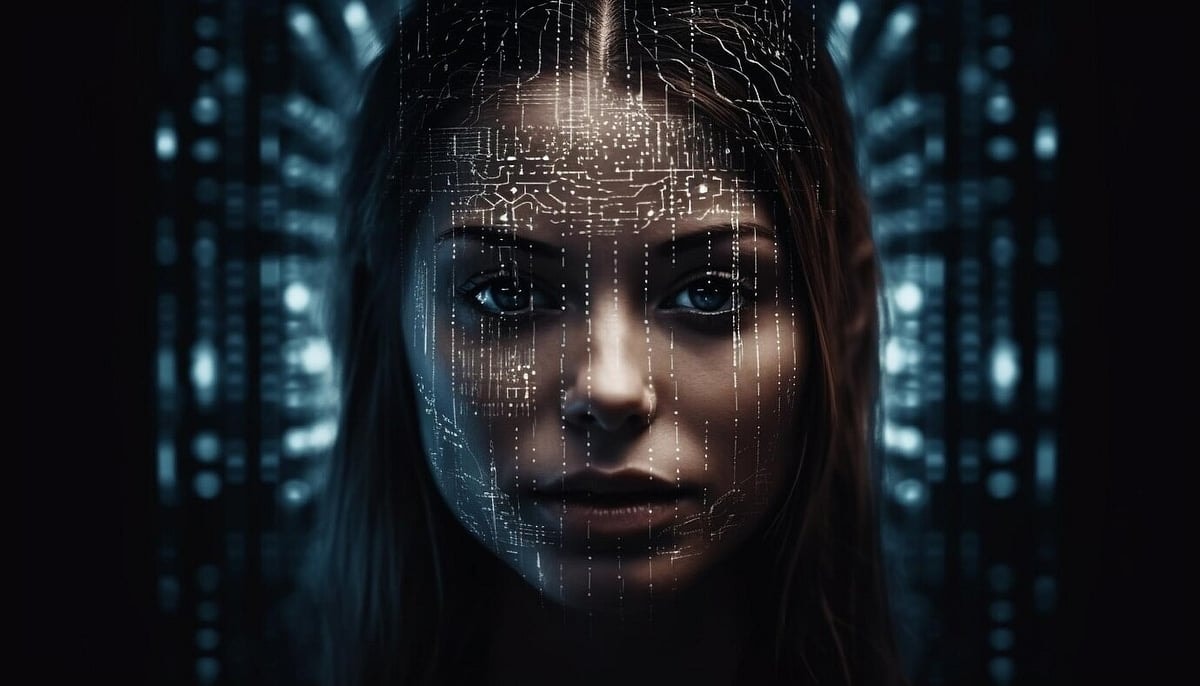US Federal News Bureau
White House Considers Watermarking to Counter Deepfakes
The objective is to ensure that people watching a video know it's generated by an AI.
Written by: CDO Magazine Bureau
Updated 9:04 AM UTC, Thu February 8, 2024

vecstock
The White House is actively involved in developing measures to enhance the identification of deepfakes, urging researchers and companies to intensify their efforts in combating manipulated media.
One of the measures implemented could be to watermark AI generated content, Anne Neuberger, deputy national security advisor for cyber and emerging technology, said during an event held in the White House.
The objective of the White House is to ensure that people watching a video know it’s generated by an AI.
The influx of explicit deepfake videos of pop artist Taylor Swift has resulted in lawmakers in the US calling for laws to criminalize the creation of deepfake content.
“I’m fighting to make it a federal crime with my legislation: the Preventing Deepfakes of Intimate Images Act.,” US Representative Joe Morelle posted on X.
Earlier this week, the Federal Communications Commission (FCC) Chair Jessica Rosenworcel proposed banning voice calls generated by AI.
Rosenworcel proposes making such robocalls illegal under the Telephone Consumer Protection Act (TCPA), which is also the primary law the FCC uses to help limit junk calls.
“AI-generated voice cloning and images are already sowing confusion by tricking consumers into thinking scams and frauds are legitimate. That’s why the FCC is taking steps to recognize this emerging technology as illegal under existing law,” Rosenworcel said in a media update.



